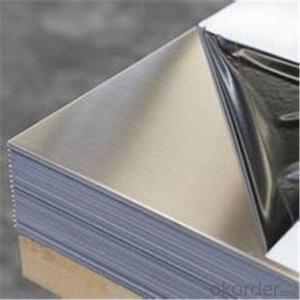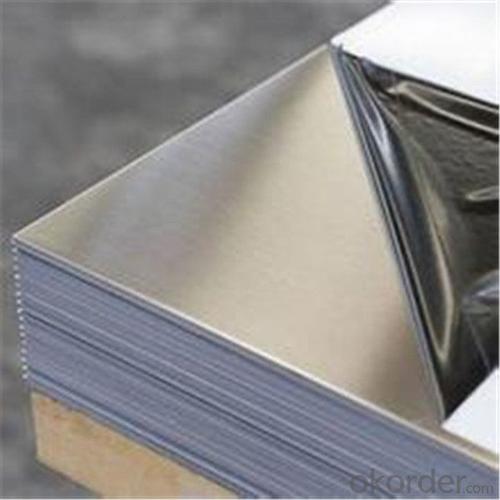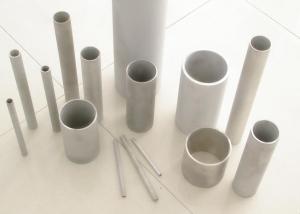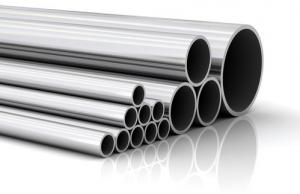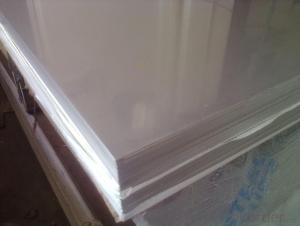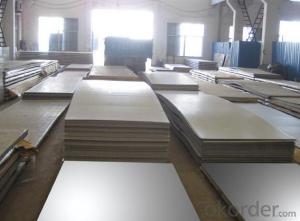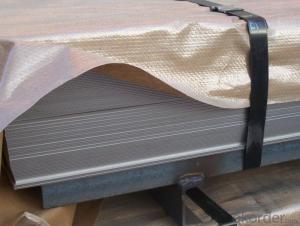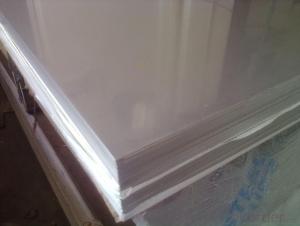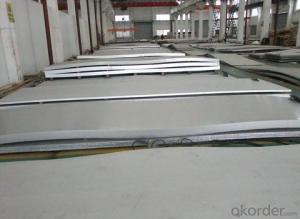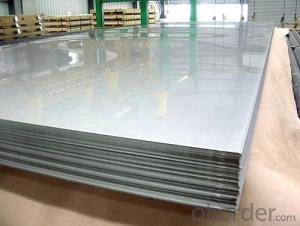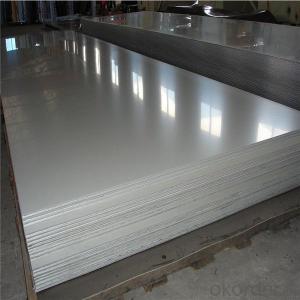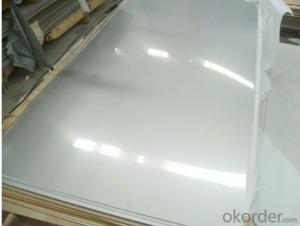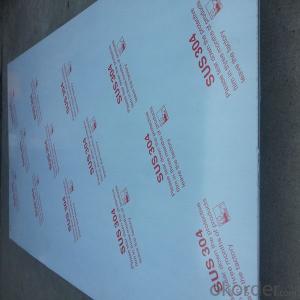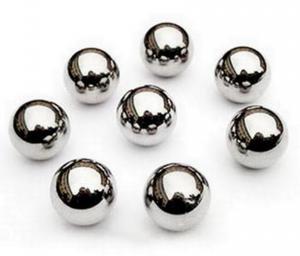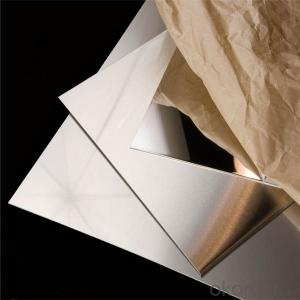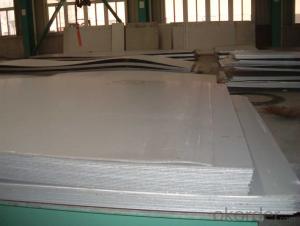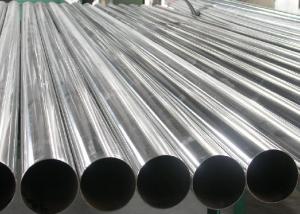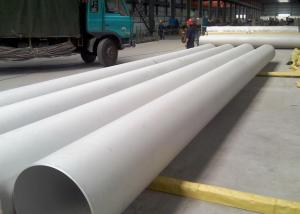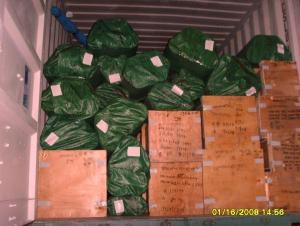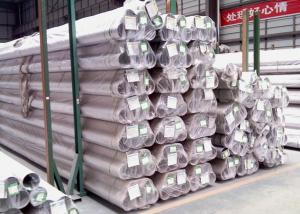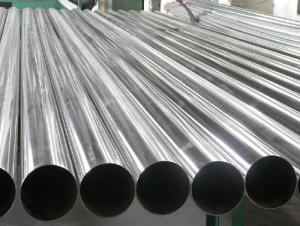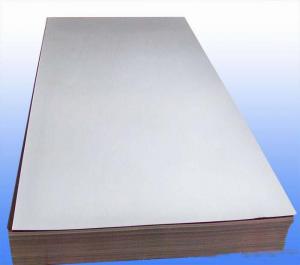304 Stainless Steel Plate 3mm thickness
- Loading Port:
- Shanghai
- Payment Terms:
- TT OR LC
- Min Order Qty:
- 5 m.t.
- Supply Capability:
- 50000 m.t./month
OKorder Service Pledge
OKorder Financial Service
You Might Also Like
Specification
Specifications
304 Stainless Steel Plate 3mm thickness
the same quality with lower price and professional price
fast delivery and stable sup
Specifications
electric galvanized steel coils/sheets
with good quality and competitive price.Quick and reliable delivery
electric galvanized steel coils/sheets
This is regular/normal spangle galvanized steel
1. Product grade: Name: Hot dipped galvanized steel
2. Standard: JIS G3302 SGCC (ASTM A653/CQ, EN10142 DX51D)
3. Thickness of galvanized steel: 0.23mm to 4 mm
4. Normal width of galvanized steel: 100-1250mm
5. Surface treatment of galvanized steel: Chromated or un-chromated, un-oiled or oiled
6. Spanlge of galvanized steel: Large spangle, normal spangle, regular spangle, zero spangle
7. Tolerance of width of galvanized steel: +/-5.00mm
8. Coil weight of galvanized steel: 4 - 10MT
9. ID of galvanized steel: 508mm or 610mm
Price of galvanized steel: FOB, CFR/CFR, CIF
Loading port of galvanized steel: FOB FOSHAN OR SHENZHEN
Payment of galvanized steel: TT OR LC
electric galvanized steel coils/sheets
This is regular/normal spangle galvanized steel
2. 
- Q: How do you remove adhesive from stainless steel sheets?
- One effective way to remove adhesive from stainless steel sheets is by applying a small amount of rubbing alcohol or acetone to a soft cloth and gently rubbing the adhesive residue. Another option is to use a mixture of warm water and mild soap, followed by scrubbing with a non-abrasive sponge or cloth. If the adhesive is particularly stubborn, using a commercial adhesive remover specifically designed for stainless steel can also be effective.
- Q: Several processing techniques of colored stainless steel
- Etched series, etched images, visible pictures. After etching, the color or color can be etched and etched. The color stainless steel etching is made by etching various patterns on the surface of the material by chemical method. The 8K mirror panel or drawing plate plate, etching treatment, on the surface of the deep processing, can be partial and local lines, drawing, inlaid with gold and titanium and other kinds of complex process, realize the pattern of light and colorful effect. Etching stainless steel including color stainless steel etching, a variety of patterns, for the selection of color: titanium black (Hei Tai), sky blue, titanium gold, sapphire blue, brown, brown, purple, bronze, green bronze, champagne gold, rose gold, purple, white, green, green, suitable for: star hotel KTV, a large shopping mall, senior entertainment etc.. Can also be customized according to customer drawings and requirements, but the need for template fees.
- Q: Can stainless steel sheets be used for column covers?
- Yes, stainless steel sheets can be used for column covers.
- Q: Are stainless steel sheets suitable for chemical transport containers?
- Indeed, chemical transport containers can rely on stainless steel sheets. Renowned for its exceptional resistance to corrosion, stainless steel proves highly appropriate for chemical transportation. Its ability to withstand numerous acids, alkalis, and corrosive substances guarantees the preservation and purity of the chemicals throughout transit. Moreover, stainless steel sheets boast durability and strength, delivering structural integrity to the containers and ensuring the secure transportation of chemicals.
- Q: Are stainless steel sheets suitable for storage cabinets?
- Yes, stainless steel sheets are suitable for storage cabinets. They are strong, durable, and resistant to corrosion, making them ideal for long-term storage. Additionally, stainless steel has a sleek and modern appearance, making it a popular choice for both residential and commercial storage cabinets.
- Q: Can stainless steel sheets be used for water treatment equipment?
- Yes, stainless steel sheets can be used for water treatment equipment. Stainless steel is highly resistant to corrosion and oxidation, making it an ideal material for water treatment applications. It is commonly used for tanks, pipes, valves, and other components in water treatment systems. Stainless steel's durability and hygienic properties make it suitable for handling various types of water, including drinking water, wastewater, and industrial process water. Additionally, stainless steel is easy to clean and maintain, ensuring the longevity and efficiency of water treatment equipment.
- Q: Can stainless steel sheets be used for swimming pool installations?
- Certainly! Stainless steel sheets are a great option for swimming pool installations. With their exceptional durability and resistance to corrosion, stainless steel is well-suited for use in pools. It can withstand rust, stains, and the various chemicals usually present in pool water, making it a dependable choice for long-term usage. In fact, stainless steel sheets are frequently employed for constructing pool walls, floors, and other crucial components due to their ability to endure the challenging conditions typical of pool environments. Moreover, stainless steel possesses a sleek and contemporary look that contributes to the pool's overall aesthetic appeal.
- Q: 304 stainless steel has several advantages, a few big advantages, the more concrete the better
- 304 stainless steel advantages:1. environmental sanitation: put an end to red water, blue green water, and hidden water problems, no peculiar smell, no harmful substances, keep the water quality pure, lead free, harmless to human health.2., wear resistance: beautiful surface, clean and bright, long lasting, no scratches, never rust, never break. 3., low temperature: kitchen, bathroom, stainless steel water pipe, faucet angle valve will never break.4., thermal expansion and excellent insulation performance: stainless steel tube has expansion, cold contraction, slow insulation performance.5. authority certification: stainless steel metal element precipitation than WHO and European drinking water act standard value of 5% is still lower.
- Q: Stainless steel drawing plate, polishing plate, mirror panels of the three differences
- Stainless steel mirror panel refers to: stainless steel mirror panel, double 8K plate, also known as mirror panel, with grinding fluid through the polishing equipment in stainless steel plate polishing, so that the plate brightness as clear as a mirror. Stainless steel mirror panel from K numbers are generally: 6K, 8K, 10K, 12K these. From the coefficient of demand to be divided into: universal grinding, 8K, high Pu 8K, general fine grinding, 8K, fine grinding, 8K, super fine grinding, 8K these are, of course, the higher the better. Uses: mainly used in architectural decoration, elevator decoration, industrial decoration, facilities, decoration and other stainless steel products.
- Q: How do you drill holes in stainless steel sheets?
- To drill holes in stainless steel sheets, you will need to use a high-quality drill bit specifically designed for stainless steel. It is advisable to use a drill press or a stable drilling platform to ensure accuracy and prevent slippage. To reduce heat and friction, lubricate the drill bit with cutting fluid or a suitable lubricant. Begin by marking the desired hole locations on the sheet with a center punch, then start drilling at a slow speed, gradually increasing the speed as you progress. Be cautious not to apply excessive pressure to avoid damaging the sheet or causing the drill bit to break.
Send your message to us
304 Stainless Steel Plate 3mm thickness
- Loading Port:
- Shanghai
- Payment Terms:
- TT OR LC
- Min Order Qty:
- 5 m.t.
- Supply Capability:
- 50000 m.t./month
OKorder Service Pledge
OKorder Financial Service
Similar products
Hot products
Hot Searches
Related keywords
